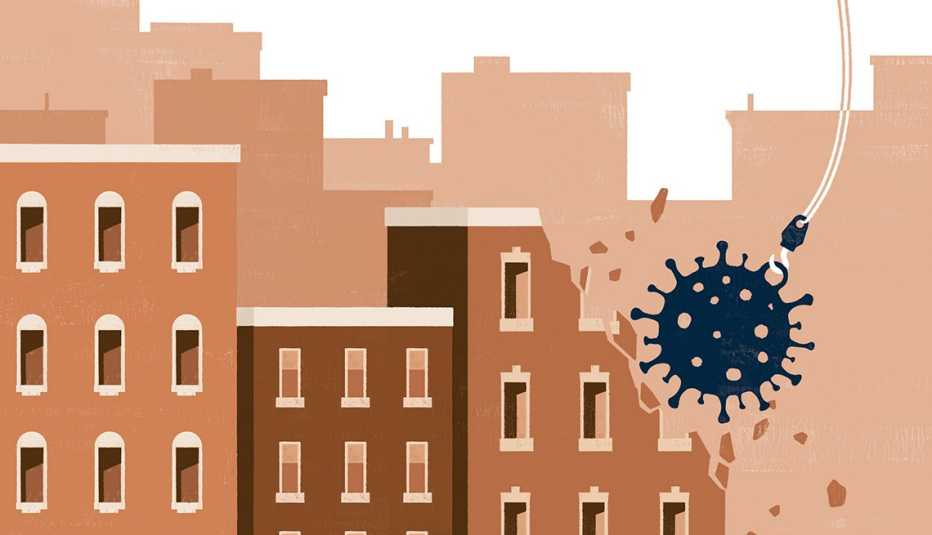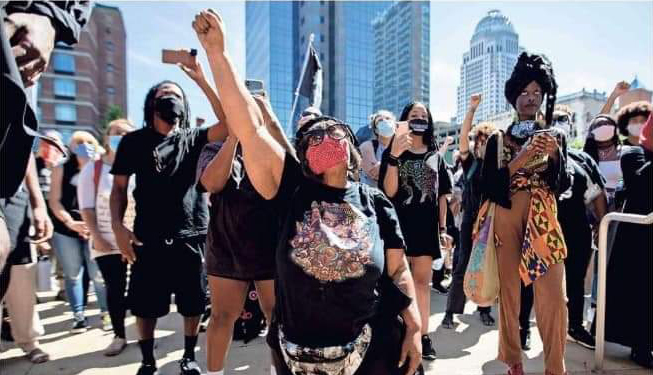AARP Hearing Center
Following protests over racial injustice in cities across the country, and the ongoing COVID-19 pandemic that began in March, more than 7 in 10 Americans say this is the lowest point in the country's history that they can remember, according to a new report from the American Psychological Association (APA).
More than 8 in 10 Americans say the future of the nation is a significant source of stress, and more than 7 in 10 say the same about police violence toward minorities, according to the report, which draws on findings from two surveys conducted by the Harris Poll on behalf of the APA. Plus, the proportion of black Americans who say discrimination is a significant source of stress has increased in the past month, with 55 percent of black adults saying so, up from 42 percent at the beginning of May.
The report, titled Stress in America 2020: Stress in the Time of COVID-19, Volume Two, includes findings from surveys conducted from May 21 to June 3, 2020, and an additional poll about current civil unrest conducted from June 9 to 11, 2020.
"We are experiencing the collision of three national crises — the COVID-19 pandemic, economic turmoil and recent, traumatic events related to systemic racism. As a result, the collective mental health of the American public has endured one devastating blow after another, the long-term effects of which many people will struggle with for years to come,” said Arthur C. Evans, Jr., APA's chief executive officer in a press release.
Recent data collected by the U.S. Census Bureau also found that symptoms of anxiety and depression spiked among blacks and Asian Americans after George Floyd's death in Minneapolis on May 25. The findings come from the Census Bureau's Household Pulse Survey, which was launched in April in collaboration with five federal agencies as a way to track the impact of the coronavirus pandemic on a variety of factors, including physical and mental health, access to health care and employment status.






































































